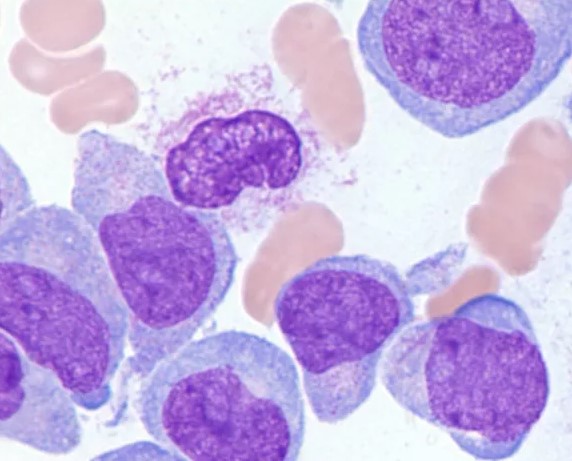Recent advances of targeted therapy in relapsed/refractory acute myeloid leukemia
DOI:
https://doi.org/10.17305/bjbms.2020.5485Keywords:
Relapsed/refractory acute myeloid leukemia, targeted therapy, novel genetic mutations, immunotherapyAbstract
Despite advances in the understanding of disease pathobiology, treatment for relapsed or refractory acute myeloid leukemia (R/R AML) remains challenging. The prognosis of R/R AML remains extremely poor despite chemotherapy and bone marrow transplants. Discoveries on recurrent and novel genetic mutations, such as FLT3-ITD and IDH1/IDH2, critical signaling pathways, and unique molecular markers expressed on the surface of leukemic cells have been under investigation for the management of R/R AML. Other than monoclonal antibodies, diabodies, and triabodies are new targeted therapies developed in recent years and will be the new direction of immunotherapy. Targeted agents combined intensive regimens can be viable options for salvage therapy and as bridges to allogeneic transplant. Future directions will focus on novel, efficient and targeted combinations, low-toxicity maintenance, and individualized precision strategies. Here, we review the major recent advances of targeted therapies in the treatment of R/R AML.
Citations
Downloads

Downloads
Additional Files
Published
How to Cite
Accepted 2021-01-26
Published 2021-08-01









